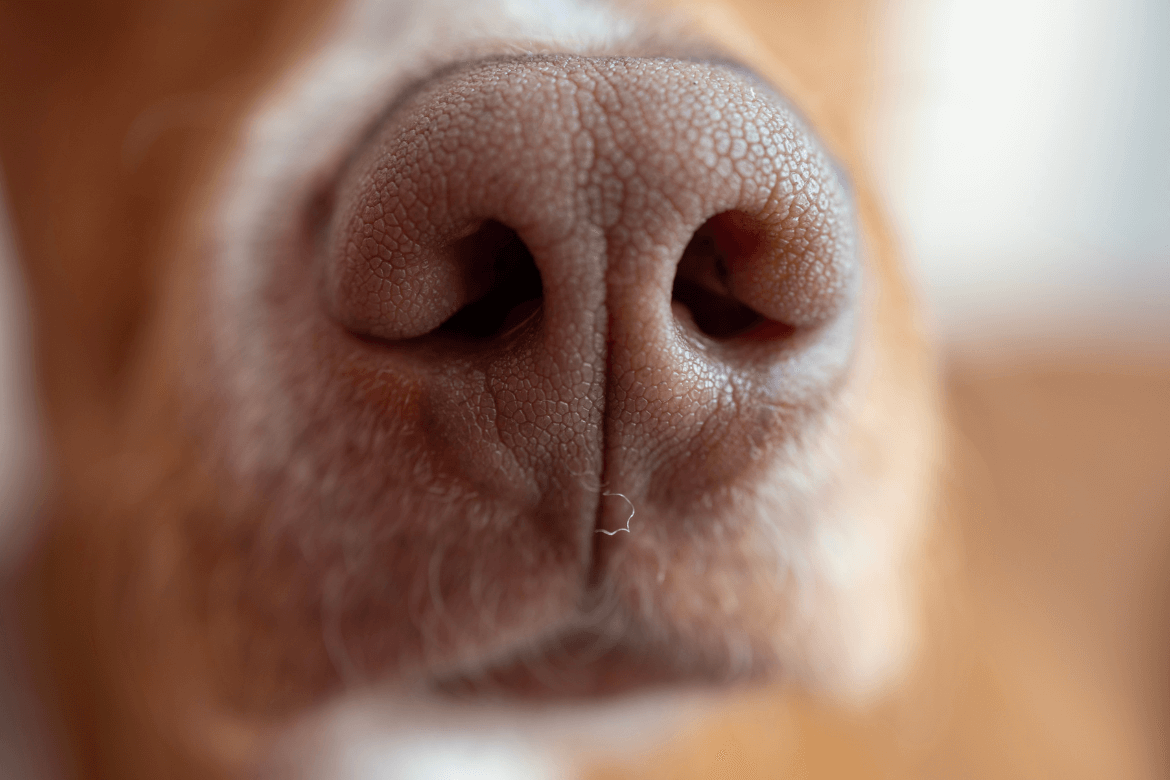What is canine culture
Understanding Canine Culture
Canine culture refers to the unique behaviors, social structures, and interactions that define the relationship between dogs and humans, as well as among dogs themselves. This culture encompasses various aspects, including training methods, communication styles, and the roles that dogs play in human society. Understanding canine culture is essential for dog owners, trainers, and enthusiasts who wish to foster a deeper bond with their canine companions.
The Social Structure of Dogs
Dogs are inherently social animals, and their culture reflects this trait. In the wild, dogs form packs with a clear hierarchy, which influences their behavior and interactions. Understanding this social structure helps owners recognize their dog’s needs and behaviors. For instance, a dog that feels secure in its social position is more likely to exhibit confidence and well-being. Recognizing these dynamics can enhance training and socialization efforts.
Communication in Canine Culture
Communication is a cornerstone of canine culture. Dogs communicate through a combination of vocalizations, body language, and facial expressions. Understanding these signals is crucial for interpreting a dog’s feelings and intentions. For example, a wagging tail may indicate excitement, while a lowered body posture can signify submission or fear. By learning to read these cues, owners can respond appropriately, fostering a more harmonious relationship.
The Role of Training in Canine Culture
Training is a vital aspect of canine culture that shapes behavior and strengthens the bond between dogs and their owners. Various training methods, such as positive reinforcement, clicker training, and obedience classes, contribute to a dog’s understanding of expectations and rules. Effective training not only enhances a dog’s skills but also promotes mental stimulation and socialization, which are essential for a well-adjusted pet.
Canine Culture and Human Interaction
The interaction between dogs and humans is a significant component of canine culture. This relationship has evolved over thousands of years, with dogs serving various roles, from working animals to beloved companions. Understanding the historical context of this bond can provide insights into modern canine behavior and needs. For instance, recognizing that many dogs thrive on companionship can help owners create a nurturing environment.
Dog Breeds and Their Unique Cultures
Different dog breeds exhibit distinct cultural traits influenced by their history, purpose, and environment. For example, herding breeds may display strong instincts to gather and control, while toy breeds often seek companionship and affection. Understanding these breed-specific behaviors can help owners tailor their training and care to meet their dog’s unique needs, enhancing the overall quality of life for both the dog and the owner.
The Importance of Socialization
Socialization is a critical aspect of canine culture that involves exposing dogs to various environments, people, and other animals. Proper socialization helps prevent behavioral issues and promotes a well-rounded, confident dog. Early socialization, particularly during the critical developmental stages, can significantly impact a dog’s ability to interact positively with the world around them, making it an essential part of responsible dog ownership.
Canine Culture in Modern Society
In contemporary society, canine culture has evolved to reflect changing attitudes towards pets. Dogs are increasingly viewed as family members, leading to a greater emphasis on their well-being and happiness. This shift has resulted in the rise of dog-friendly spaces, pet services, and a wealth of resources aimed at educating owners about canine needs and behaviors. Understanding this cultural shift can help owners provide better care and companionship for their dogs.
Celebrating Canine Culture
Celebrating canine culture involves recognizing and appreciating the unique qualities that dogs bring to our lives. This can be done through participation in dog-related events, training classes, and community activities that promote responsible pet ownership. By engaging with the broader canine community, owners can share experiences, learn from one another, and contribute to a culture that values the well-being of dogs and their human companions.



